
Get 'Python 3 Using ChatGPT/GPT-4' (worth $54.99) for FREE
Ever wanted to learn Python using ChatGPT/GPT-4? The process is easier than you might think.
This book is intended primarily for people who want to learn both Python 3 and how to use ChatGPT with Python. It covers an introduction to fundamental aspects of Python programming, including various data types, number formatting, Unicode handling, and text manipulation techniques, loops, conditional logic, and reserved words in Python.
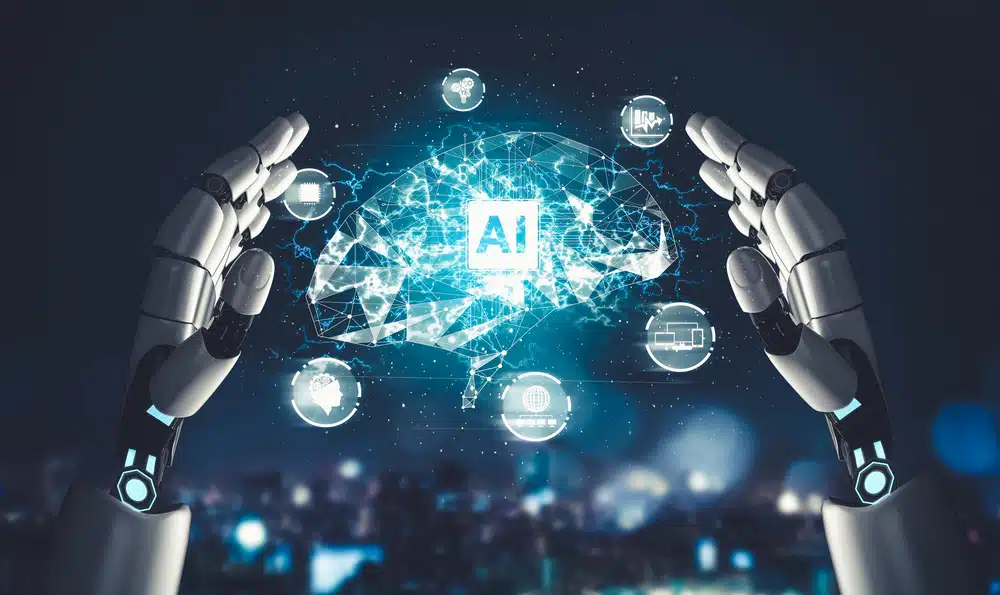
Half of consumers experience AI bias
Although 75 percent of people think chatbots are getting better at managing toxic or inaccurate responses, 50 percent have still experienced bias and 38 percent have seen inaccuracies, according to a new report.
The survey of over 6,300 global consumers, software developers and digital quality testing professionals, carried out for testing and digital quality company Applause, finds 91 percent of respondents have used chatbots to conduct research, and 33 percent of those use them for research daily.
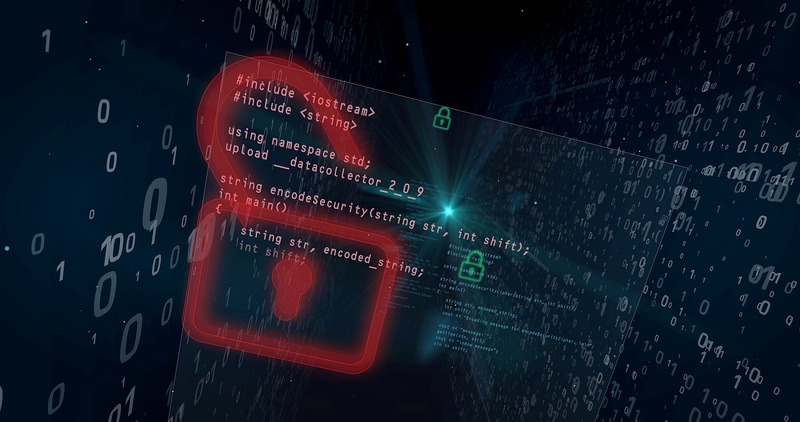
Flaws in ChatGPT extensions allowed access to sensitive data
New threat research from Salt Labs has uncovered critical security flaws within ChatGPT plugins, highlighting a new risk for enterprises.
Plugins provide AI chatbots like ChatGPT with access and permissions to perform tasks on behalf of users within third party websites. For example, committing code to GitHub repositories or retrieving data from an organization's Google Drives.
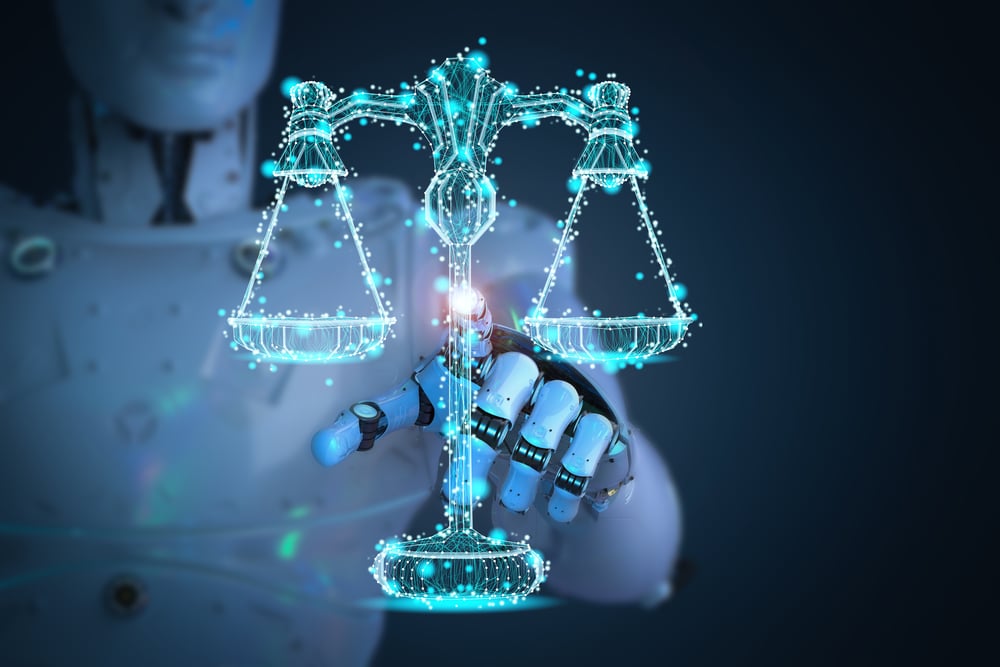
How AI is set to transform the legal sector [Q&A]
The use of generative AI is becoming common across many industries, but while it undoubtedly offers benefits it can lead to problems too.
Legal firms in particular can fall foul of poor results, one firm was fined $5,000 after a court found that one of its lawyers had used ChatGPT to write a court brief which included false citations.
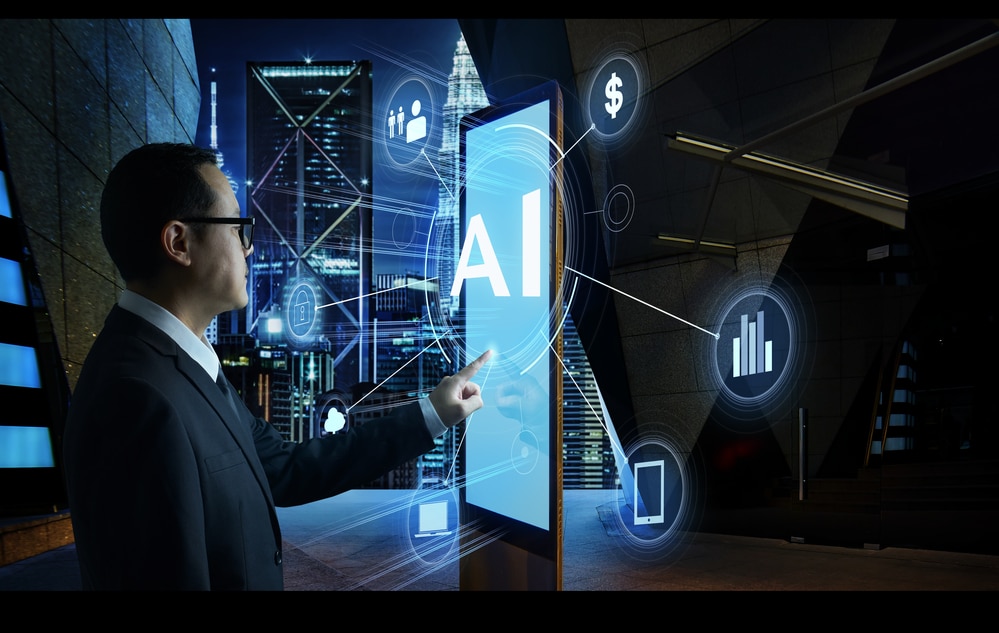
Generative AI use in the workplace leads to added risks
More than 10 percent of enterprise employees access at least one generative AI application every month, compared to just two percent a year ago, but there are security risks as a result.
New research from Netskope shows ChatGPT was the most popular generative AI application in 2023, accounting for seven percent of enterprise usage. The number of cloud apps the enterprise accessed also increased by an average of 19 percent per year, with users jumping from 14 to 20 different apps in just two years.
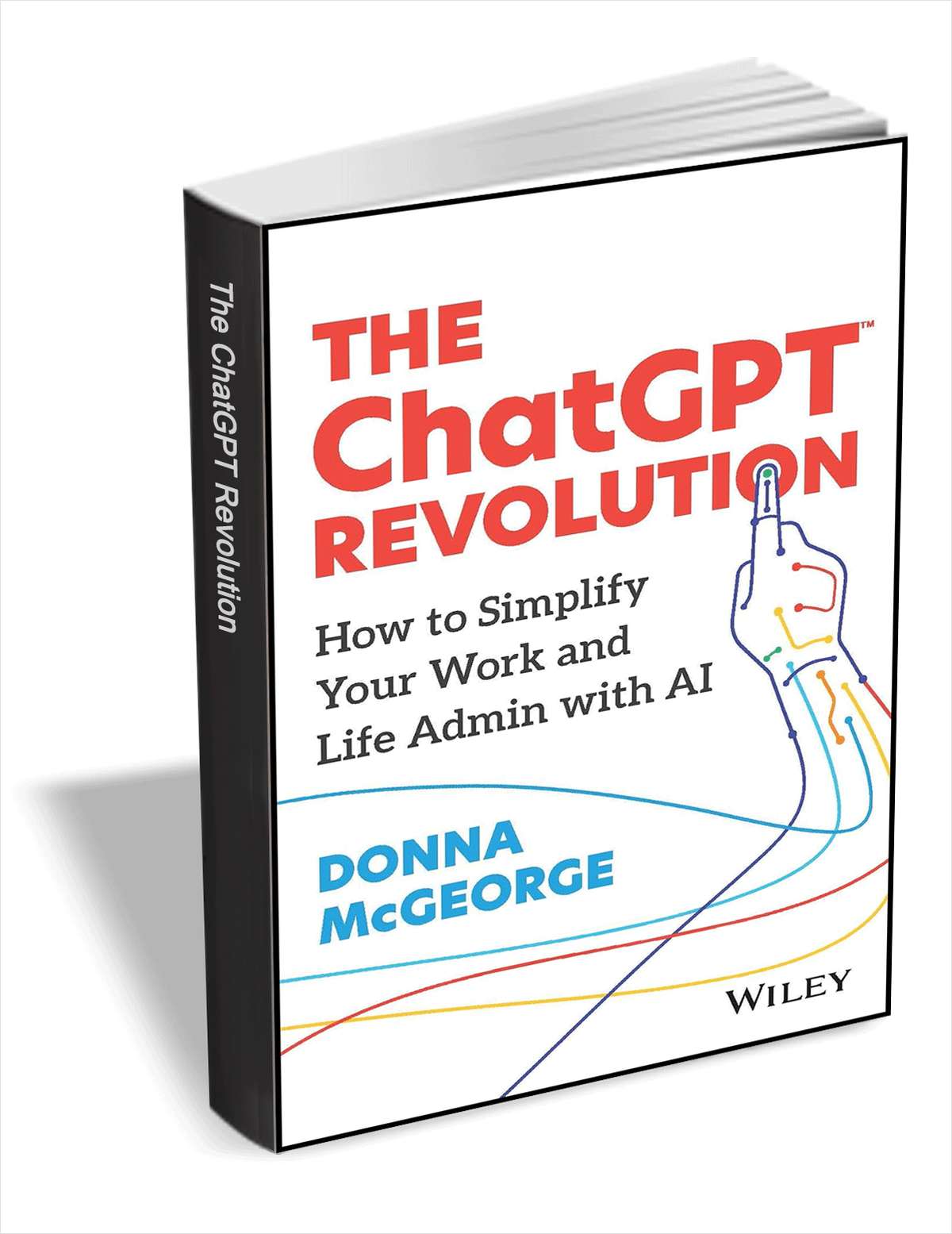
Get 'The ChatGPT Revolution: How to Simplify Your Work and Life Admin with AI' (worth $13) for FREE
The ChatGPT Revolution is the ultimate quick-start guide to unlocking the power of AI tool ChatGPT. We’re on the edge of an AI revolution… but what does that mean for you? It’s time to get curious about how the latest tech can help you handle your everyday load, at work and at home!
Whether you’re overwhelmed by repetitive, time-consuming tasks or you’re simply looking for a fresh injection of creativity, ChatGPT is the virtual assistant that’s got your back.

Navigating generative AI adoption to minimize risks and maximize benefits in the workplace [Q&A]
Numerous businesses have embraced generative AI technology to enhance their operational efficiency, boost productivity and foster innovative ideas.
However, it is important to be aware of the potential legal and financial consequences associated with the use of ChatGPT and similar AI systems. We spoke to Sujay Rao, CPO at Sirion to find out more.

Wikipedia reveals its most popular articles of 2023
Wikipedia, the world's largest free online encyclopedia, has unveiled the most popular articles of 2023. The list provides a unique snapshot of the global events, personalities, and trends that captured the world's attention throughout the year.
The data, released by the Wikimedia Foundation, reveals a diverse range of topics that were most sought after by the site's billions of users worldwide.

We tried Brave's AI chatbot Leo: It talks a lot about privacy, but is it truly private?
In early November, Brave, best known for its privacy-focused browser, launched its own AI chatbot called Leo. The chatbot is built into the desktop version of the browser (Brave says it will be coming to mobile soon), and was made available to all users for free. We at AdGuard, always eager to explore new AI-powered tools, and aftertesting Bing AI and playing with others, we couldn't resist the chance to check out Leo and assess its smartness and privacy features.
By default, Leo is found in the sidebar. To summon the genie AI-powered assistant, one simply needs to type 'ask Leo' in the address bar and it will materialize on the right side of the screen.
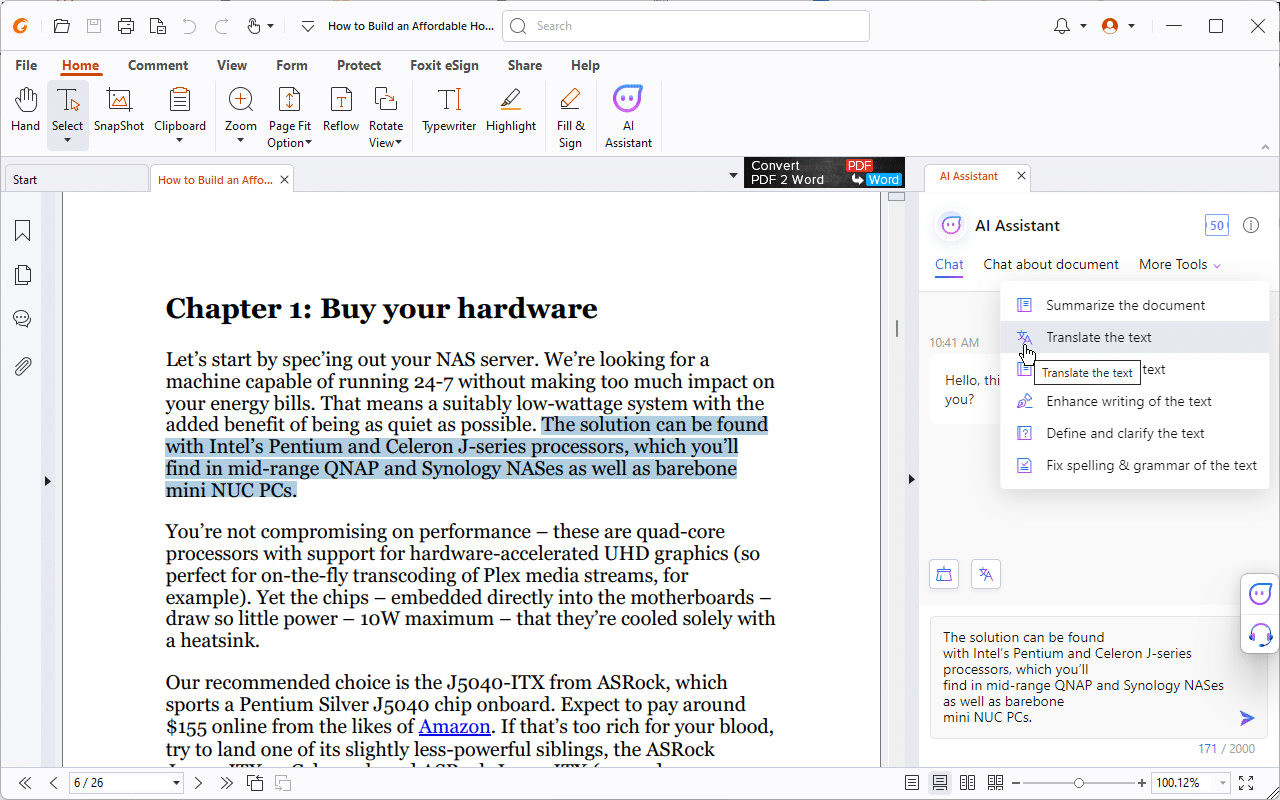
Foxit PDF Reader 2023.3 and Foxit PDF Editor 2023.3 embrace AI with new chatbot integrations
Foxit Software has unveiled major new features in its flagship PDF products with the release of Foxit PDF Reader 2023.3.23028 and Foxit PDF Editor 2023.3.23028.
Both tools -- available for Windows and Mac -- sport enhanced integration with ChatGPT with additional new features including translation, Q&A and content explanations. They also unveil the Foxit AI Chatbot, designed to answer users' questions about using the program.

ChatGPT can make fully playable 'choose your own adventure' games
ChatGPT is able to do a lot of things, such as answering questions, translating text, generating stories and poems, and writing code.
OpenAI’s powerful artificial intelligence tool can do much more than just that though, including making fully playable multiple choice adventure games.

OpenAI's big announcement: Why enterprises should pay attention
OpenAI held its first dev day conference last week, and announcements there made huge waves in technology and startup circles. But it’s enterprises that should be paying attention, and here’s why:
OpenAI made significant improvements to ChatGPT -- ones that address critical flaws that made it unsuitable for enterprise use cases because the results were inaccurate, non-credible and untrustworthy. What’s changed is that OpenAI has integrated retrieval augmented generation (RAG) into ChatGPT.

ChatGPT one year on: Why IT departments are scrambling to keep up
We’re nearly one year on since ChatGPT burst onto the scene. In a technology world full of hype, this has been truly disruptive and permanently changed the way we work. It has also left IT departments scrambling to keep up – what are the risks of using AI? Can I trust the apps with my data?
Should we ban altogether or wait, and see? But if we ban it, is there a risk of being left behind as other companies innovate?

Organizations flock to generative AI despite security concerns
A new survey of over 900 global IT decision makers shows that although 89 percent of organizations consider GenAI tools like ChatGPT to be a potential security risk, 95 percent are already using them in some form within their businesses.
The research for Zscaler, carried out by Sapio Research, also reveals 23 percent of those using GenAI aren't monitoring the usage at all, and 33 percent have yet to implement any additional GenAI-related security measures -- though many have it on their roadmap.

Why ChatGPT won't solve your real-time translation needs
New technologies debut almost every day. This constant barrage of novel tools creates a perpetual cycle of overshadowing -- someone is always introducing a new technology that eclipses the previous innovation, and then something even newer comes out, and the cycle repeats itself. However, OpenAI’s ChatGPT broke that cycle.
Since ChatGPT’s debut in late 2022, the generative AI tool has exploded in popularity. It took just two months for the platform to reach 100 million users, a speed that shattered the previous record for fastest-growing app. The creators of ChatGPT expect the tool to generate $200 million this year and project that number will grow to $1 billion next year. Other businesses, like Google and Grammarly, are taking note. Both of these organizations have developed their own generative AI tool to enhance their business operations.
